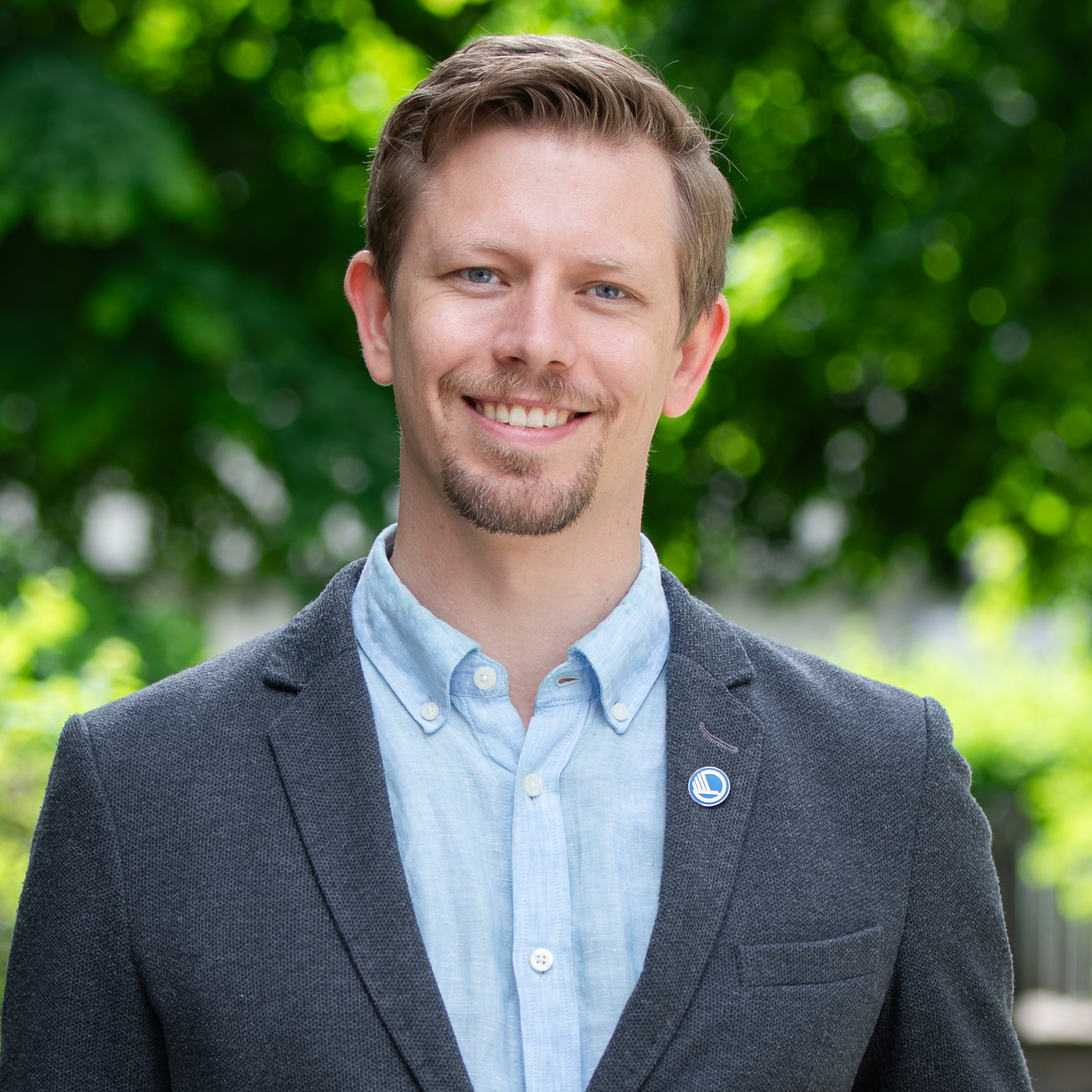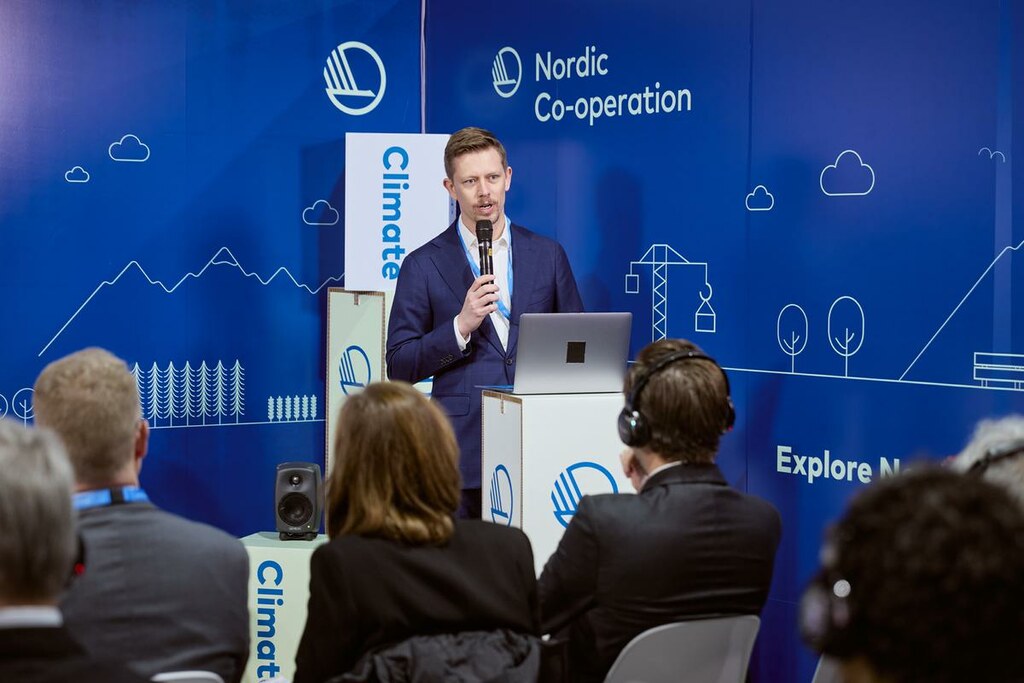
Nordic Energy Research at COP29
At this year's COP29 in Baku, Azerbaijan, one of the main discussions was how to scale up climate action on a global level. On 15 November, the Energy Day of COP29…
At this year’s COP29 in Baku, Azerbaijan, one of the main discussions was how to scale up climate action on a global level. On 15 November, the Energy Day of COP29, Nordic Energy Research organised several events in the Nordic Pavilion, focusing on tracking and improving energy outlooks in the Nordics as well as globally.
Our first event was a co-organised panel debate with the International Energy Agency (IEA), aimed towards creating a knowledge exchange on the integration of solar and wind energy into energy systems. The event brought together policy makers, industry experts, and organisations to discuss challenges and global solutions, with a special focus on strengthening cooperation, identifying policy recommendations, and leveraging climate finance.
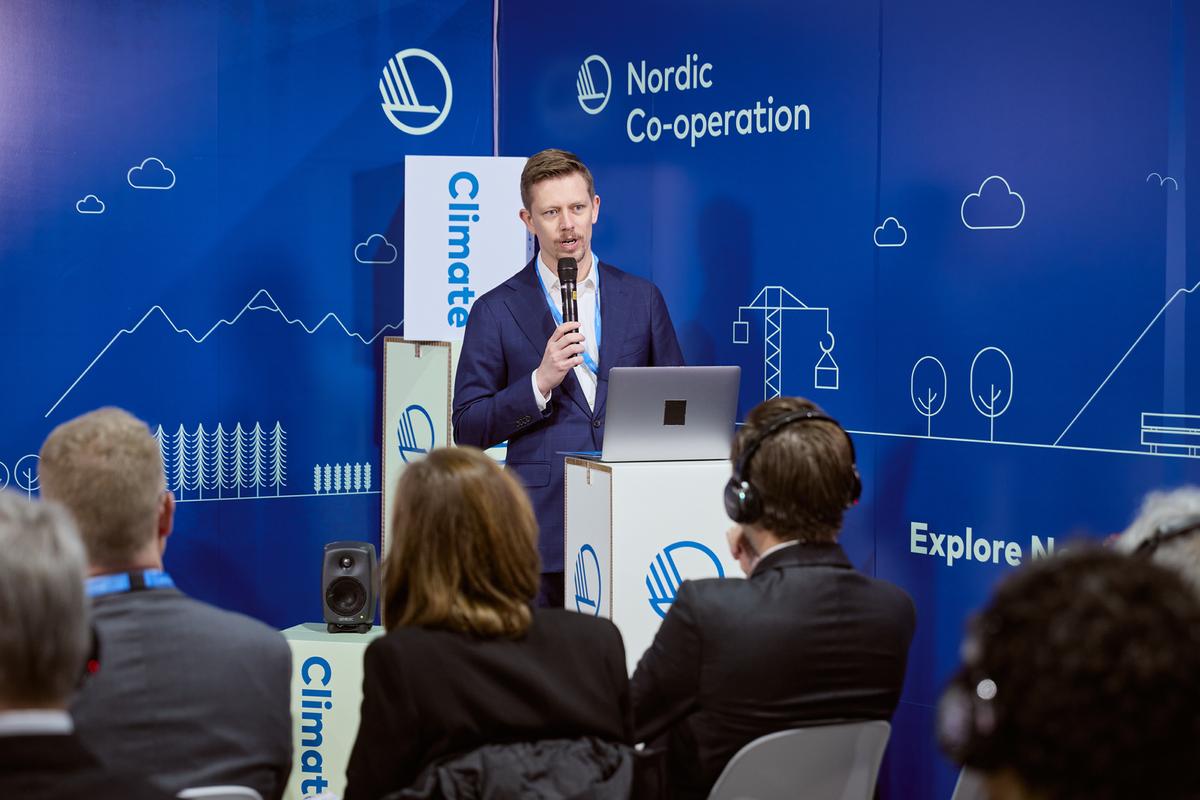
Kevin Johnsen, COO of Nordic Energy Research opening the Energy Day at COP29.
The importance of knowledge-sharing towards the green transition
Nordic Energy Research’s COO Kevin Johnsen opened the Energy Day, which kicked off with a panel debate. In his opening speech, Johnsen addressed the opportunity of learning from each other:
“In most regions of the world, there is an untapped potential for improving marked design – particularly on flexibility markets to increase the integration of solar and wind. This is a scenario where the Nordic countries have lessons learned that we should share with the rest of the world.”
Belgian Energy Minister Tinne Van der Straeten emphasised the importance of keeping a geopolitical perspective in mind.
“In order to build grids and build out massive quantities of solar power and wind, we need critical materials and real earth materials. We cannot make the same mistake twice, as with fossil fuels when we relied on few countries in the world and we didn’t include the geopolitical and stability perspective.”
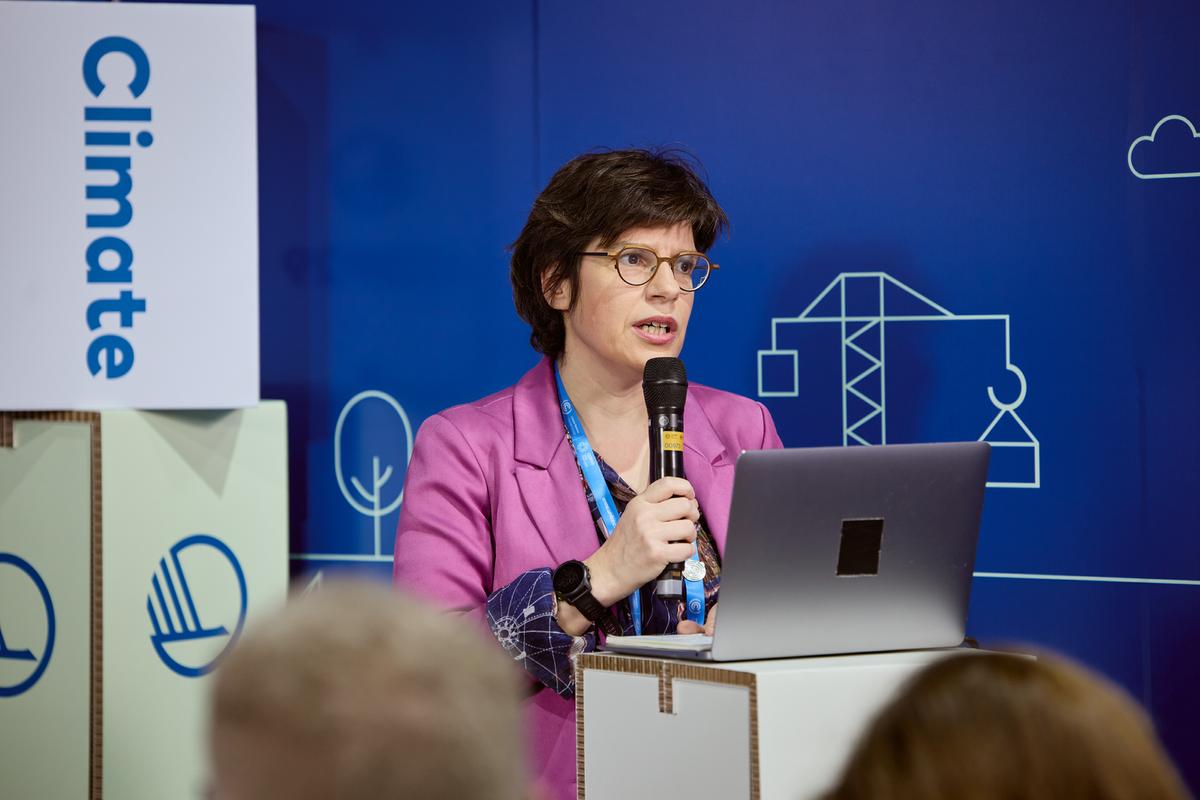
Energy Minister Tinne Van der Straeten.
Pablo Hevia-Koch, Head of Unit, Renewable integration and secure electricity, IEA, highlighted the significance of knowledge sharing on systems that are far along:
“We should take advantage of what different countries and power systems did as part of their deployment pasts, so that we can replicate it and learn from it in power systems that are in the beginning of their VRE journey.”
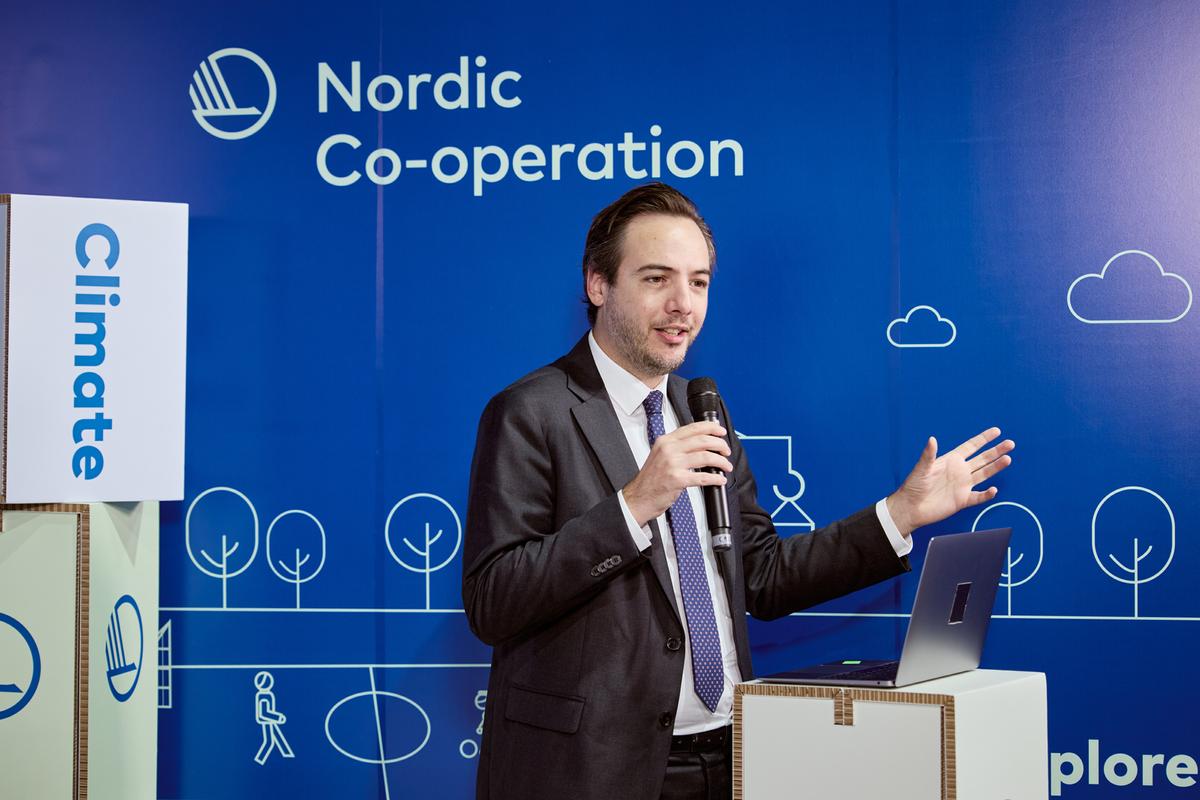
Pablo Hevia-Koch, Head of Unit, Renewable integration and secure electricity, IEA.
Key take-aways from the panel
The panel debate with Tellef Thorleifsson, CEO, Norfund, Daniel Gaspar, Senior Project Manager, Pacific Northwest National Laboratory, and Aisma Vitina, Chief Advisor in Global Cooperation and Head of the APRA-Secretariat, Danish Energy Agency, discussed how to move forward to achieve the change needed to improve the use of energy and solar power.
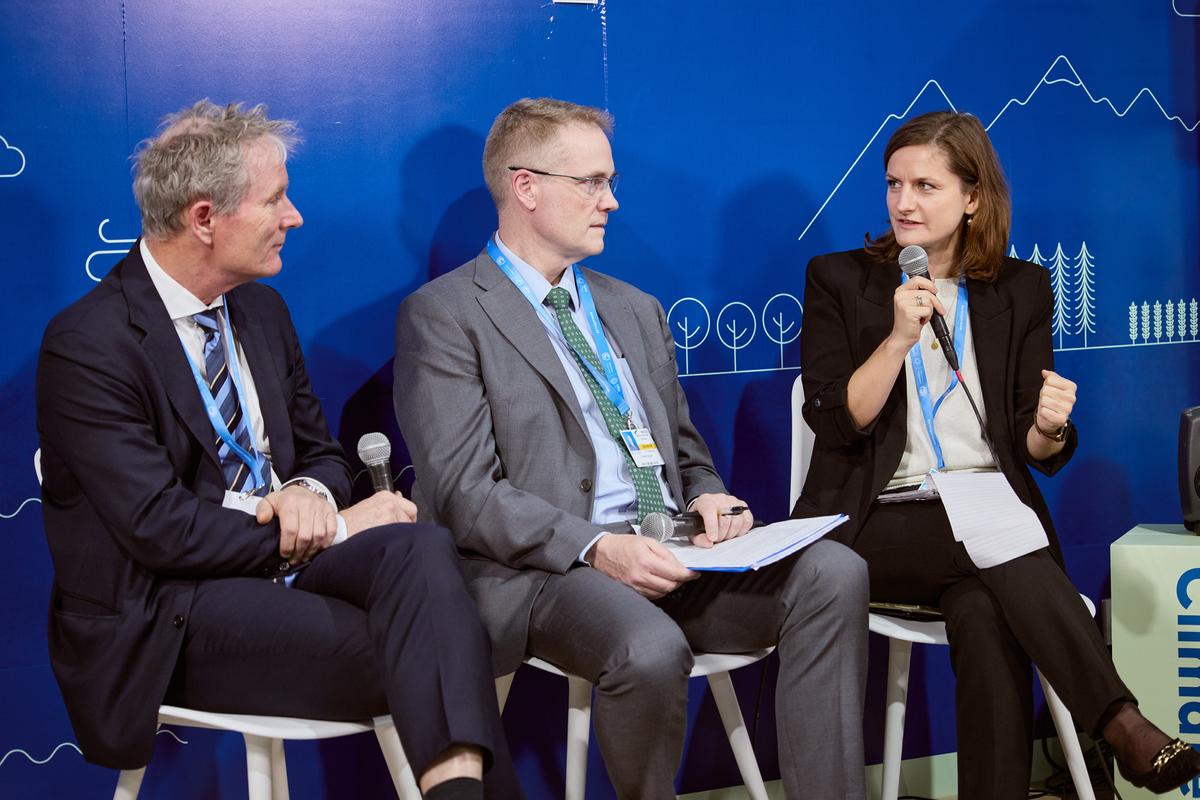
From left: Tellef Thorleifsson, Chief Executive Officer, Norfund, Daniel Gaspar, Senior Project Manager, Pacific Northwest National Laboratory, and Aisma Vitina, Chief Advisor in Global Cooperation and Head of the APRA-Secretariat, Danish Energy Agency.
They shared different aspects on the importance of reaching an overall consensus on a holistic approach and the urgency to address the challenges we are facing in integrating solar and wind power into our energy systems.
Vitina highlighted a perspective from a developing stage:
“On the one hand we are focusing on all of the cutting-edge, the complex and the expenses, but many countries need the absolute proven and time-tested cheap cost-effective solutions to help them going.”
The debate was concluded with a message from the panellists’ to the politicians – to open for private investments, streamlining policy, and at the same time have the end product in mind.

